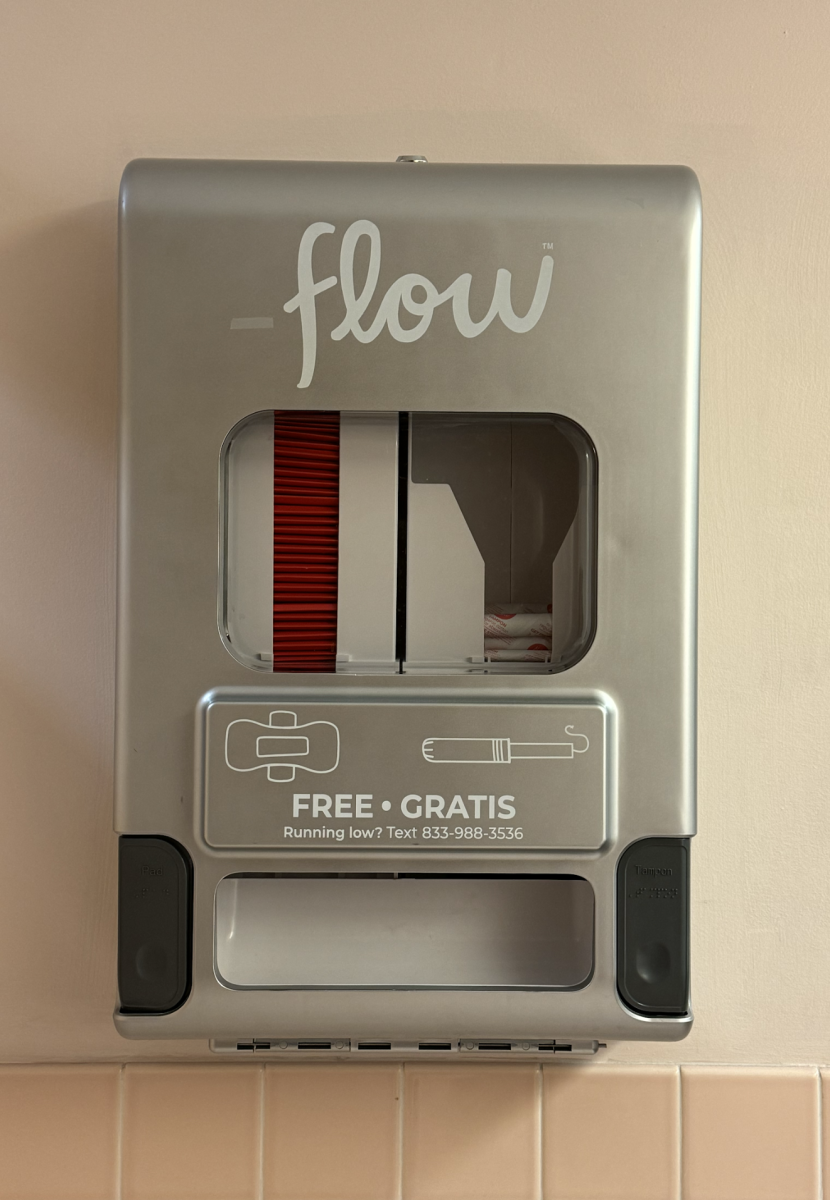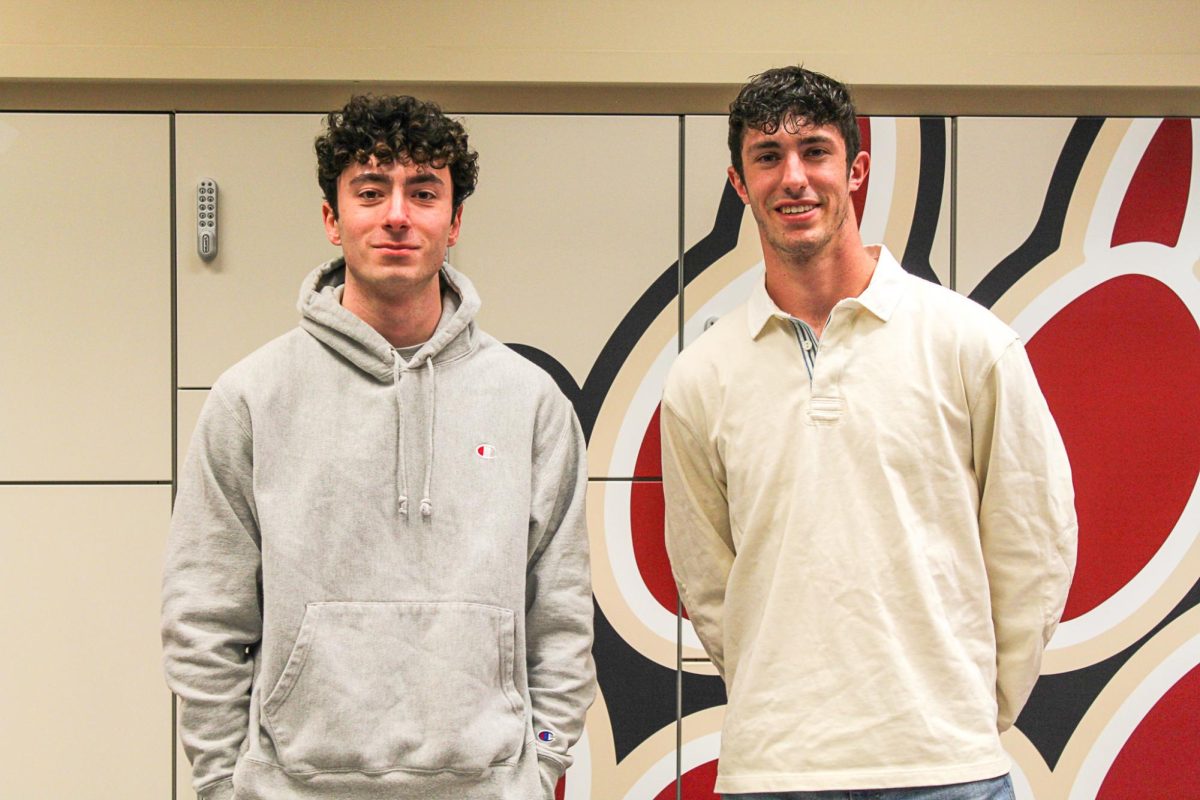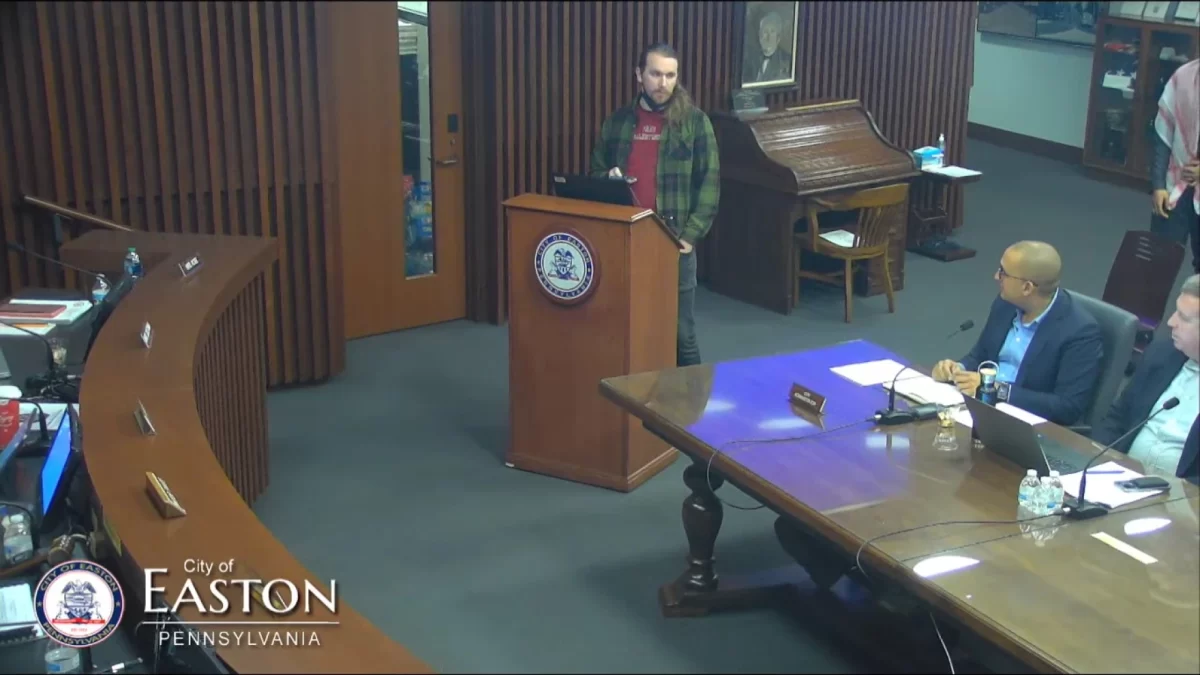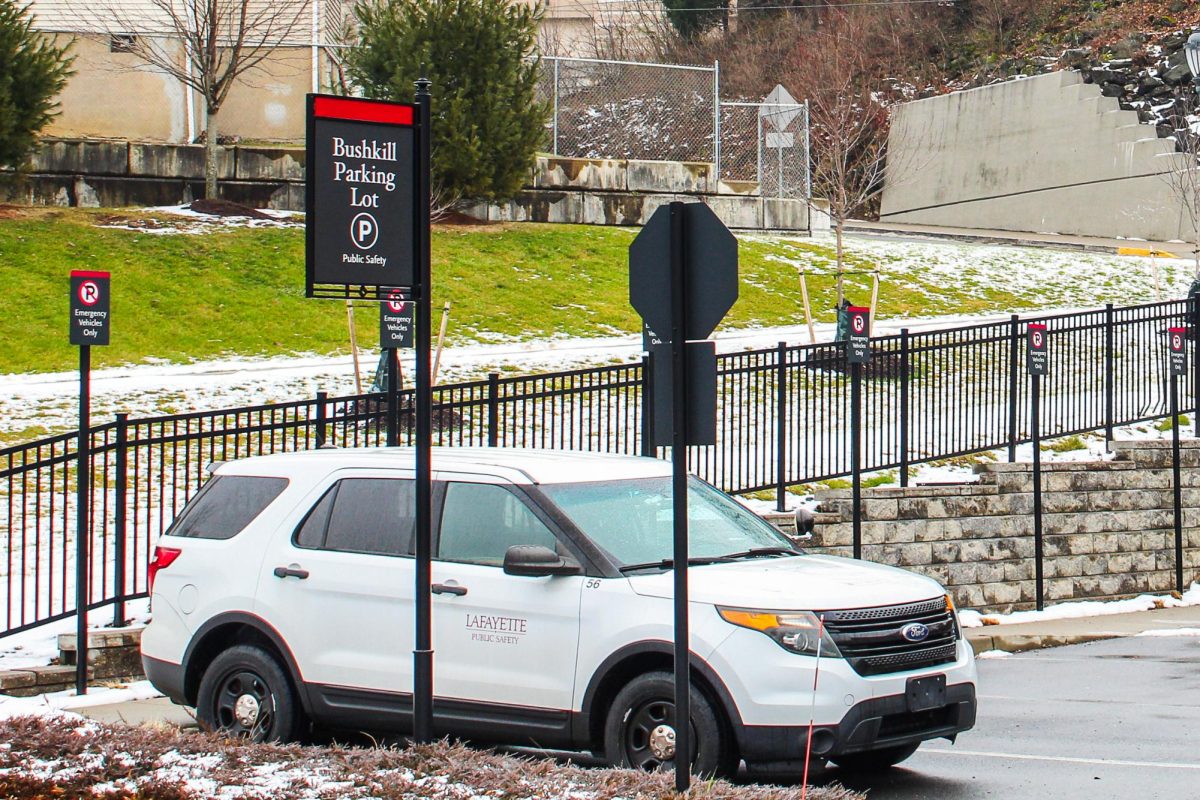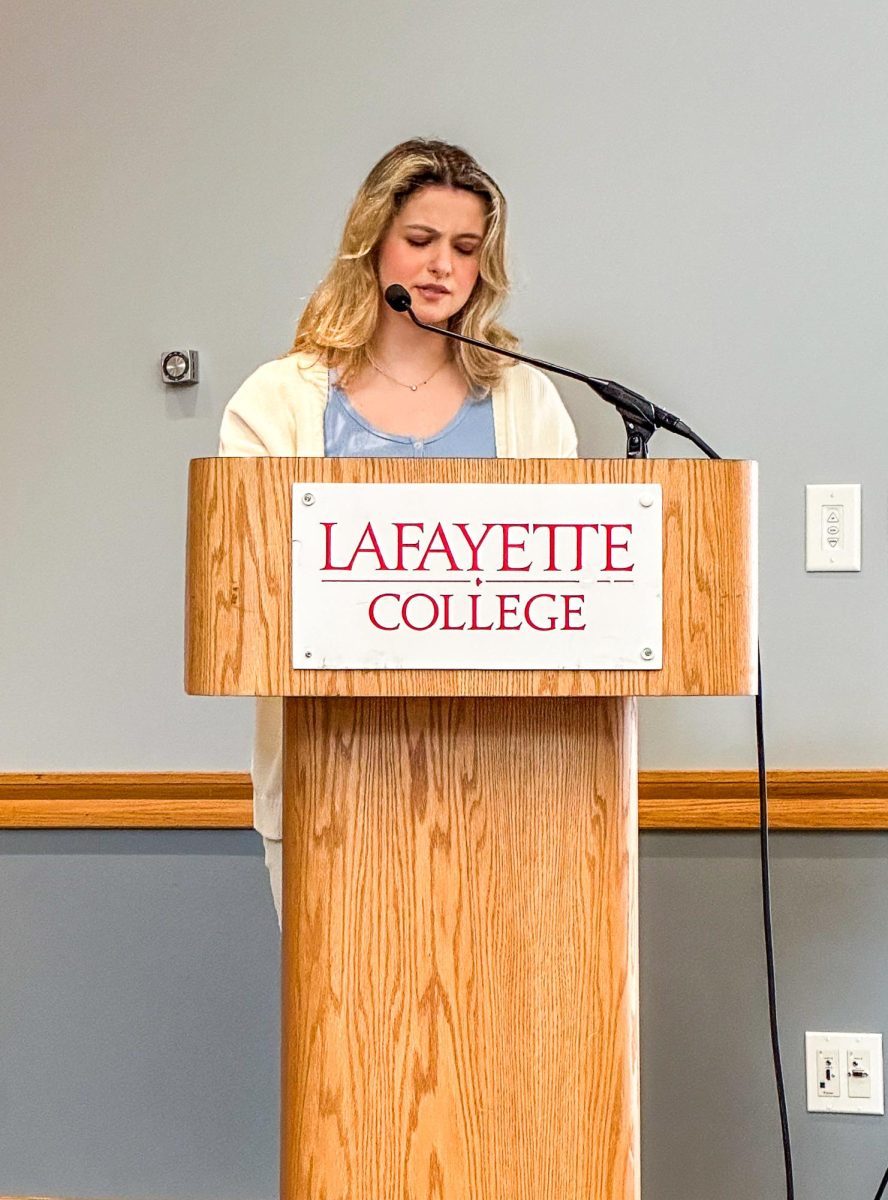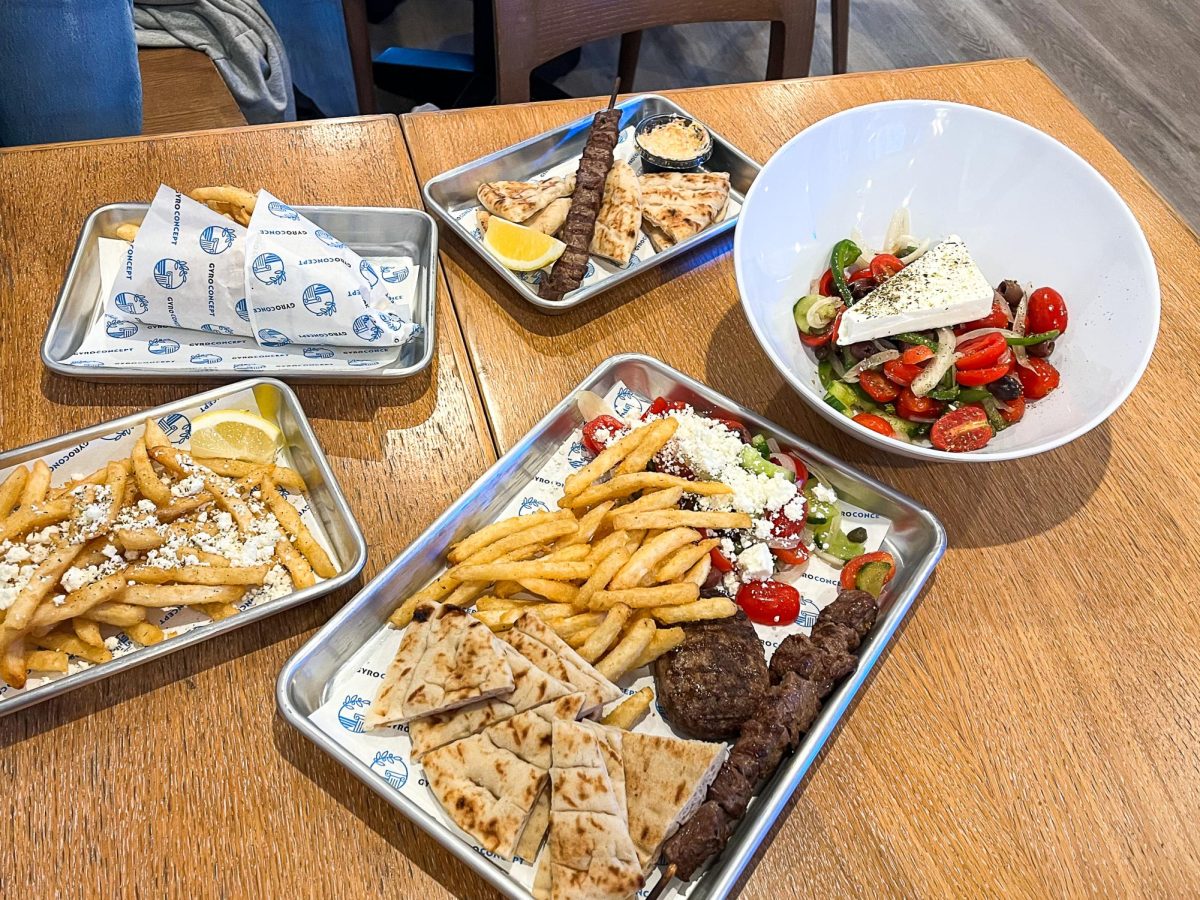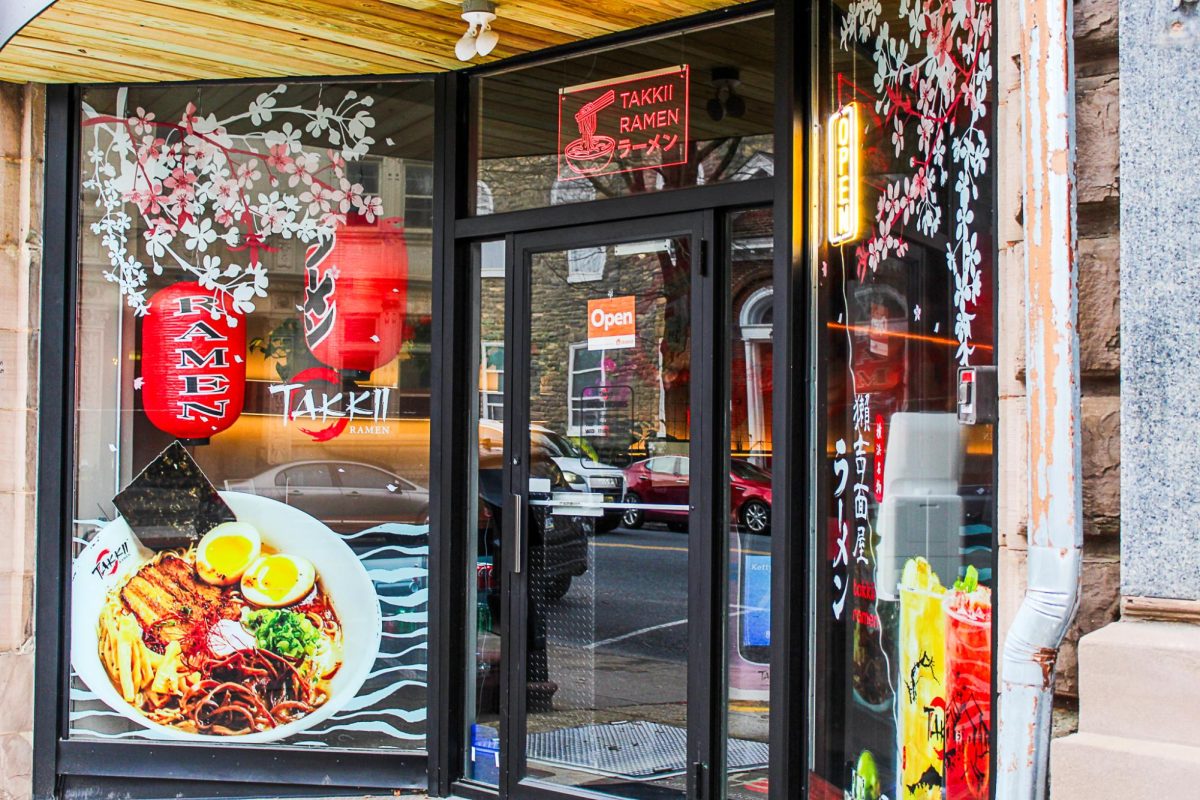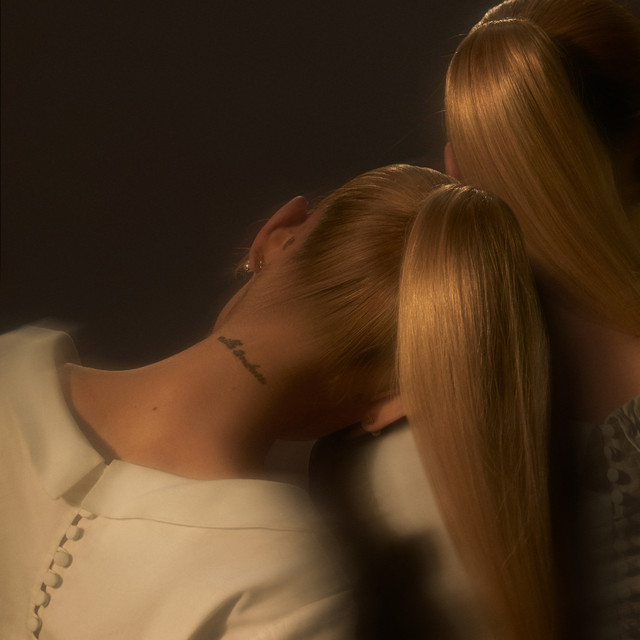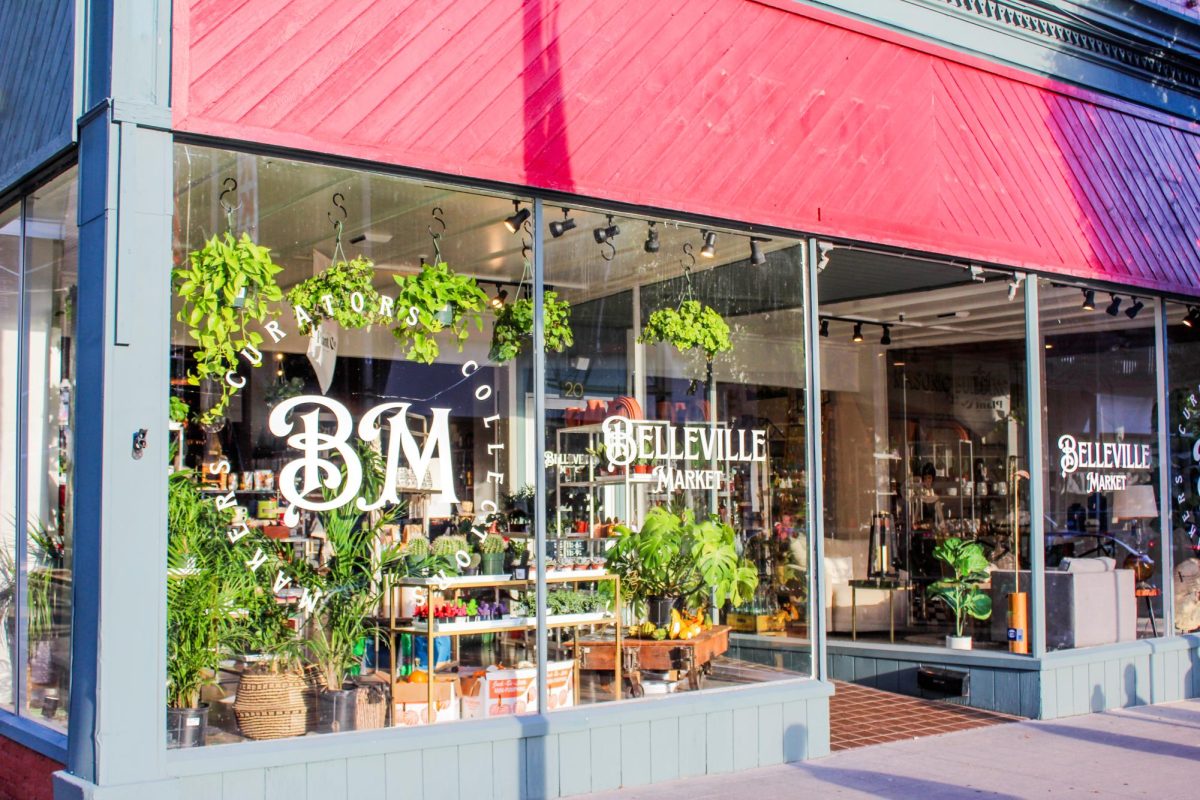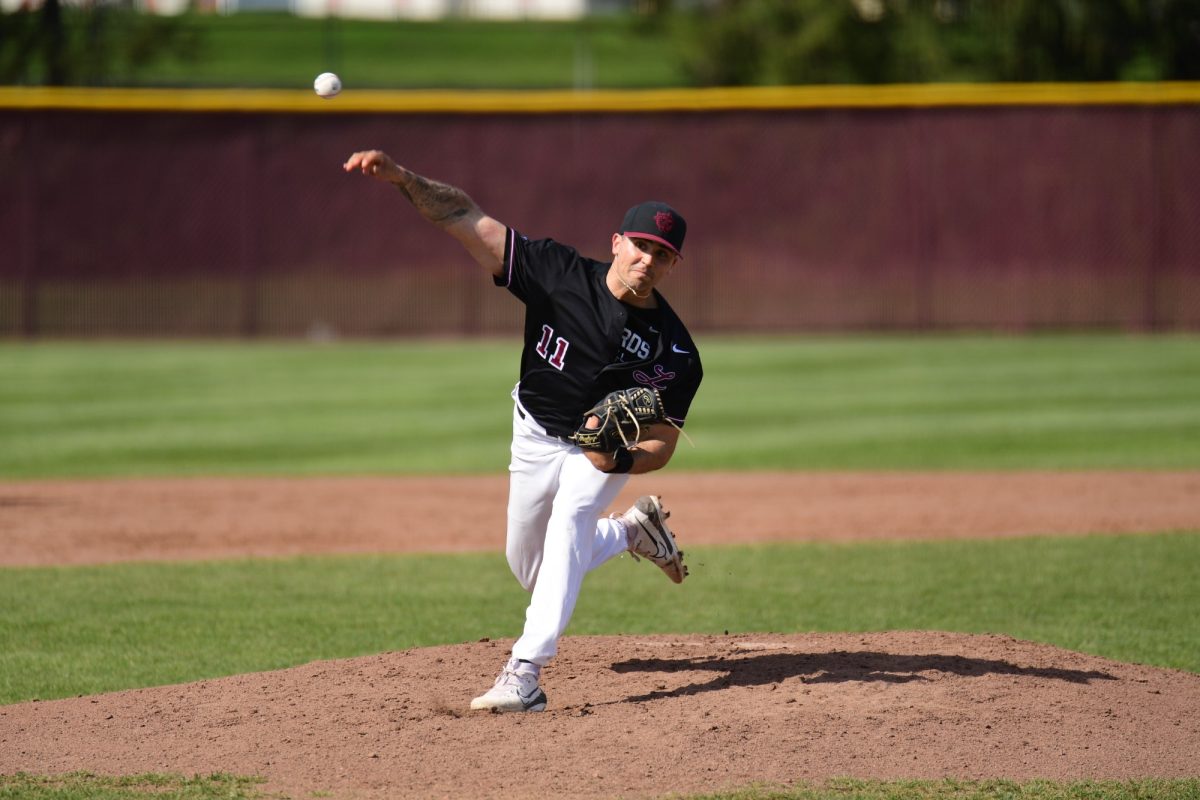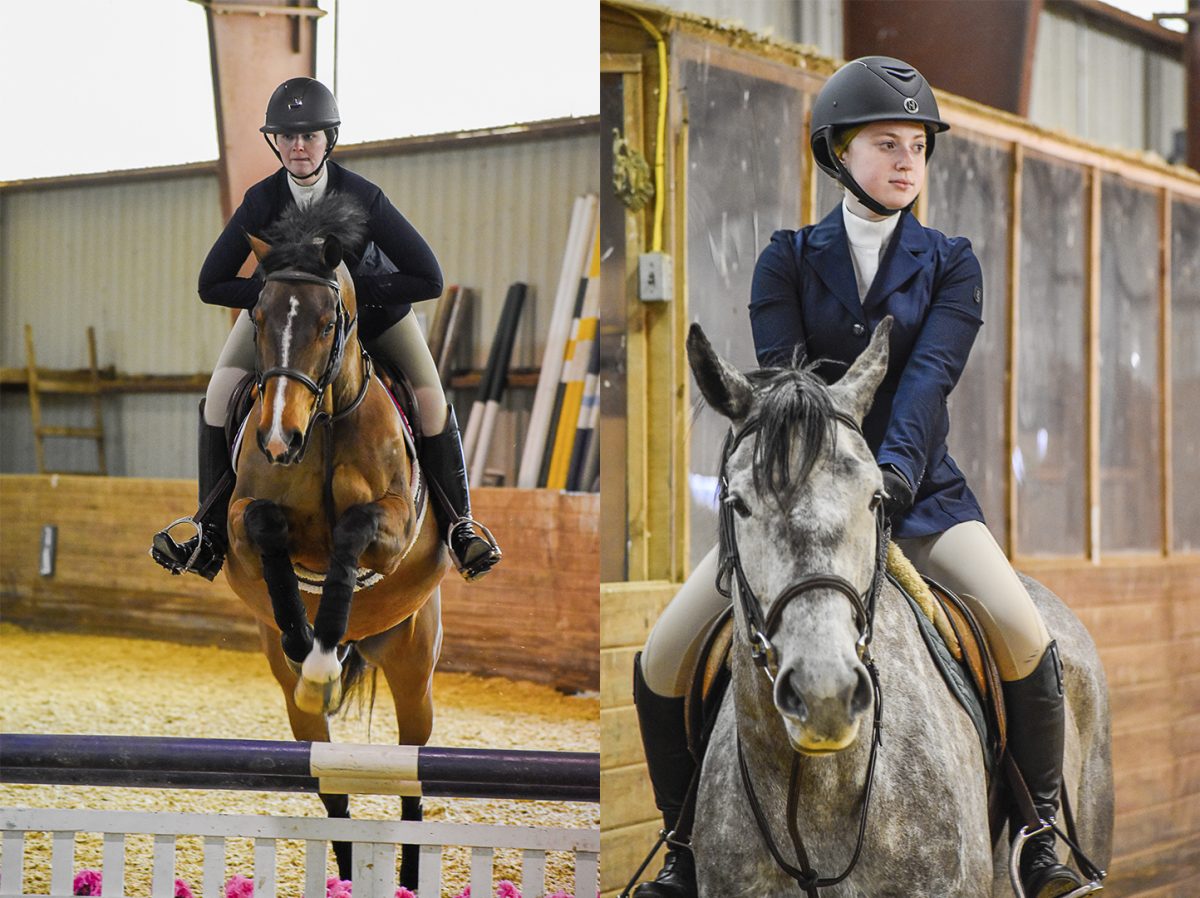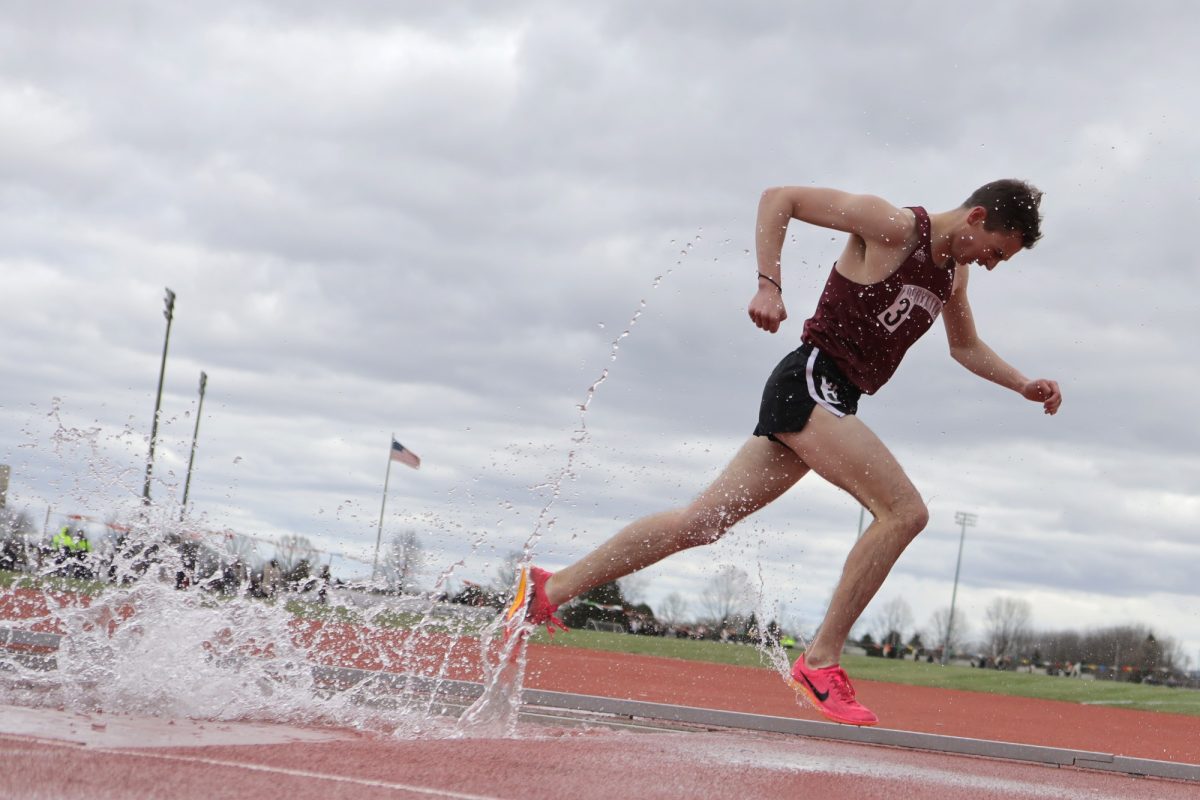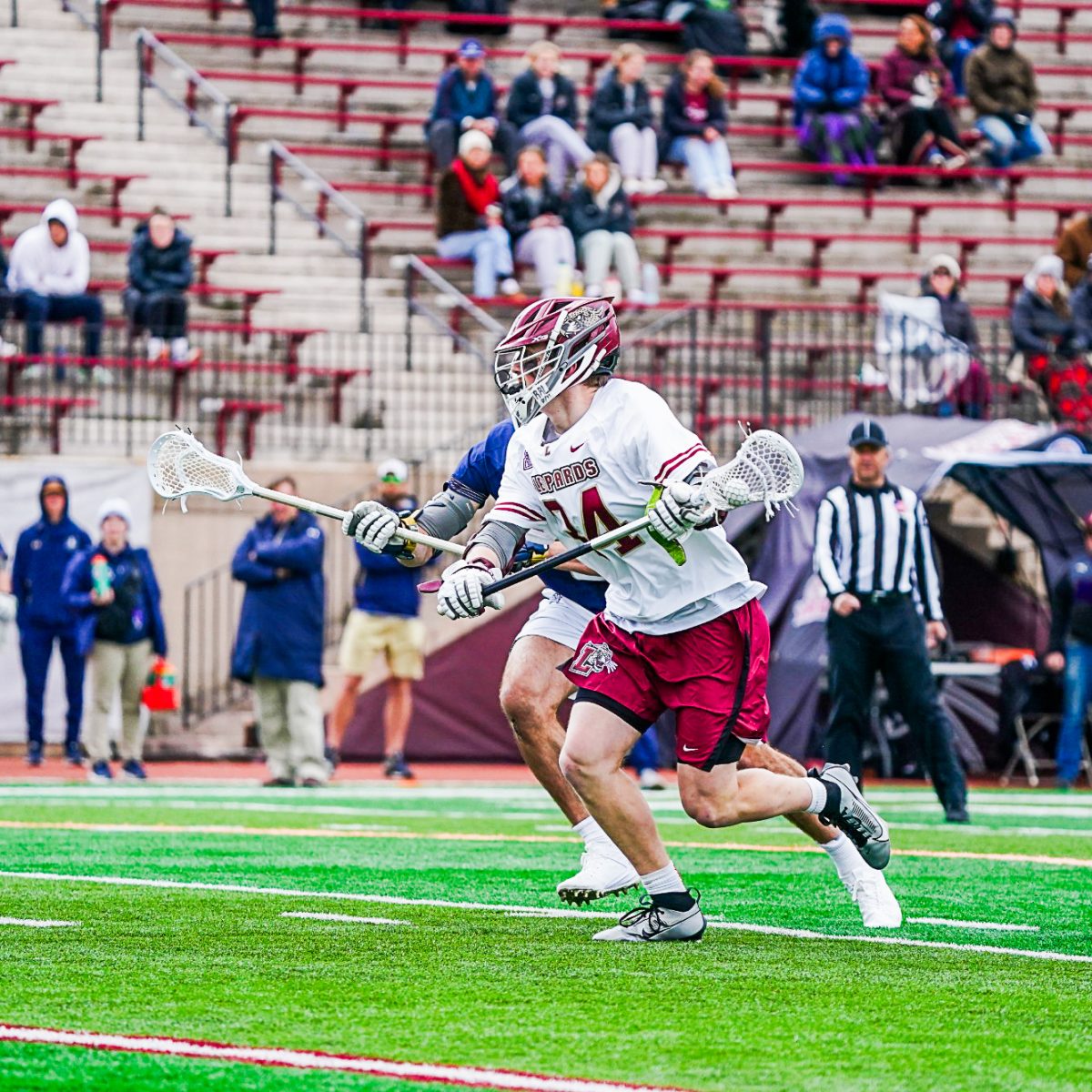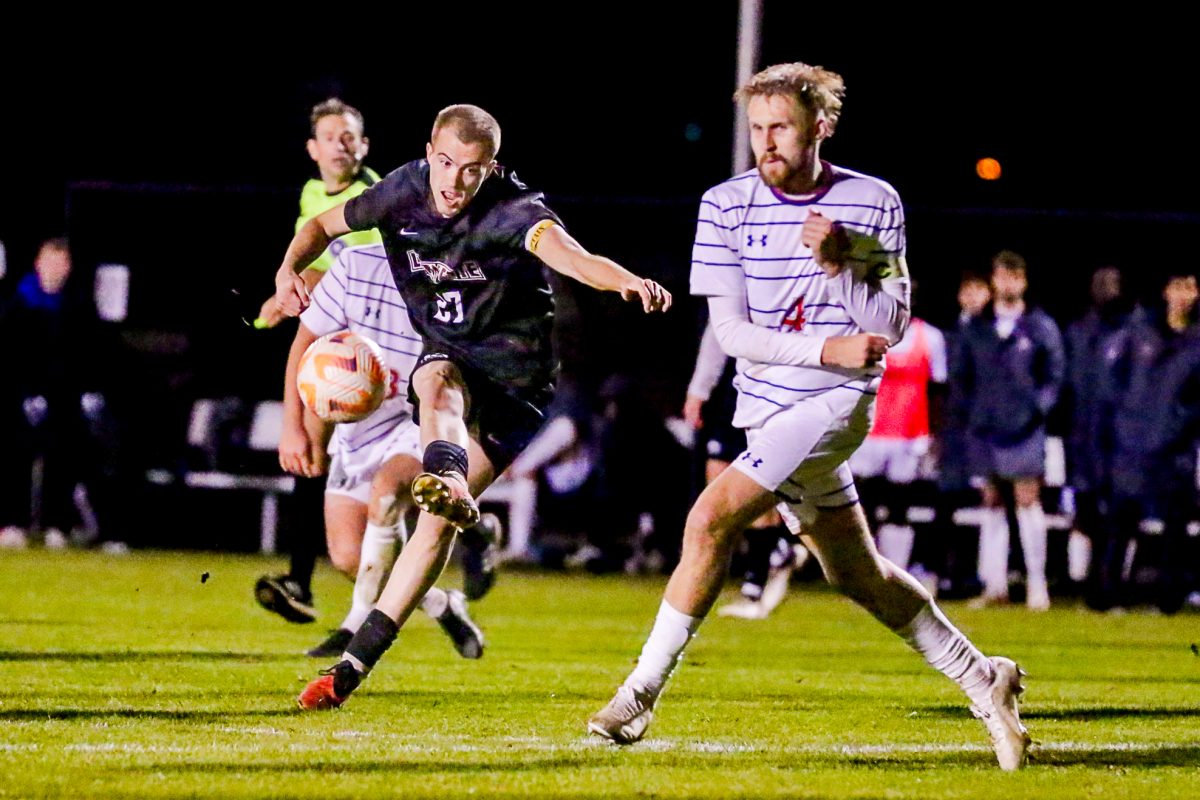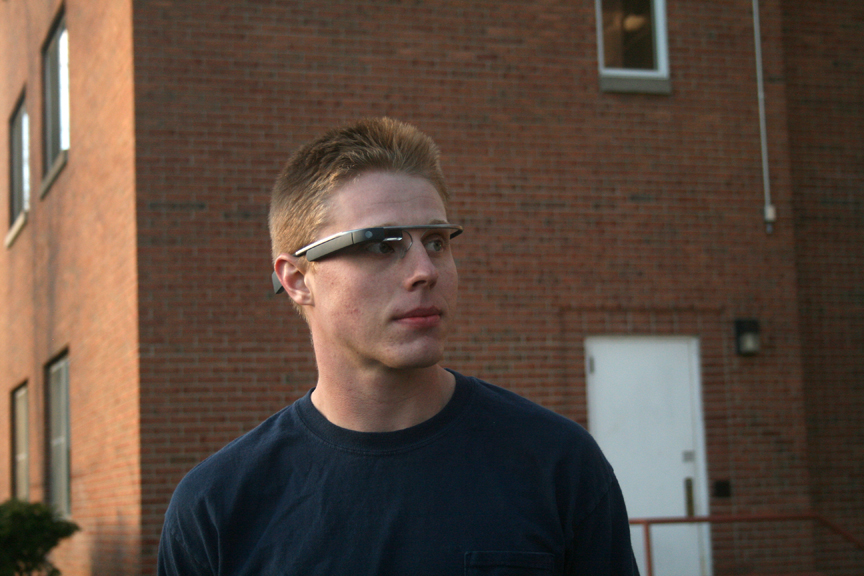Photo by Nicole Maselli ‘14
Lafayette College Television (LCTV) is working on new ways to experiment and innovate within the academic and media world with the use of their recently acquired Google Glass, a device designed as a mobile interface to be worn like glasses.
LCTV believes that the device, which combines a still and video camera, phone capabilities, and wifi access, has endless possibilities for use in all parts of campus.
“We can do something unique that people have not done before,” Vice President and Managing Editor of LCTV Jeremy Greenberger ‘17 said.
“You can’t even begin to imagine the things until you experiment with it,” Economics Professor and Chair of Policy Studies W. Mark Crain said. LCTV has many ideas for the new technology, most of which draw on the camera utility, but is still experimenting to see the full range of possibilities.
“There are so many applications of this,” Crain added. “It’s sort of unlimited.”
By acquiring the Glass, Lafayette joins at most a handful of undergraduate institutions that own the device.
“The original idea that I brought to Professor Crain was recording entire days of specific students and playing it back fast-paced,” Greenberger said. “[I wanted to] be able to show students’ perspectives, put it on the mascot at athletic games, or on cheerleaders, or on athletes, and really just show unique perspectives of students on our campus.”
“Google Glass…can really offer people an experience to sort of see life through somebody else’s eyes,” Greenberger said. “I think people will really want to step inside somebody else’s shoes.”
Among LCTV’s ideas for use are live broadcasts and television episodes offering, with narration accompanying the perspective of Glass wearer. However, they said that the camera’s utility is not limited to entertainment.
“Eventually I think Google Glass and first person video, which Google Glass really accomplishes, will take off and really push along the media industry because people have an affinity to want to be a part of the content they watch,” Greenberger said.
Greenberger submitted the application for Glass initially for his own project, but thought the device would be more practical for use by LCTV. He approached Crain to ask him to cover the cost.
“[Greenberger] came to me one day and said, ‘Hey, I have this idea of how I might use Google Glass as part of [LCTV],’ ” Crain recalled. He responded, “say no more – you get them, I’ll pay for them through Policy Studies.”
“Google Glass gives a unique perspective because it’s literally from your eye level,” Greenberger said. “It captures a much larger portion of your view than a normal, traditional video camera would, or at least a camcorder that students would be able to walk around with.”
Greenberger said Glass would mostly be used by LCTV, but also acknowledged that if a department like Film and Media Studies proposes a suitable and legitimate use, LCTV may consider lending them out or working together in tandem.
Economics Professor Nicole Crain used Glass to film her Economics 101 class while she taught, and said she was “intrigued by the possibilities” of such a gadget, especially academically.
“I could evaluate my teaching once the class was done,” she said. “It helps me hone in and see patterns in the questions [students ask].”
In addition to using it to assess teaching methods after each class, she said, Glass provides opportunities to assist professors during class.
“Instead of having lecture notes on a podium, what if I could have them in front of my eye?” she added. “Then I’m free.”
So far, she said, the only disadvantages would arise if students wear them in class.
“If I were watching my class and every student was wearing a pair, I guess I couldn’t help but wonder if anyone was paying attention to what I was saying,” Nicole Crain said. However, she remarked on the potential positive uses for students.
“Some students come in and they’re tired,” she said. “They want to film it so they can review it later.”
As LCTV develops, they hope to find new ways to make use of their technology on campus.
“That’s what we’re trying to do, experiment and innovate,” Mark Crain said.
Matt Mitterhoff ‘16 contributed to this report.


